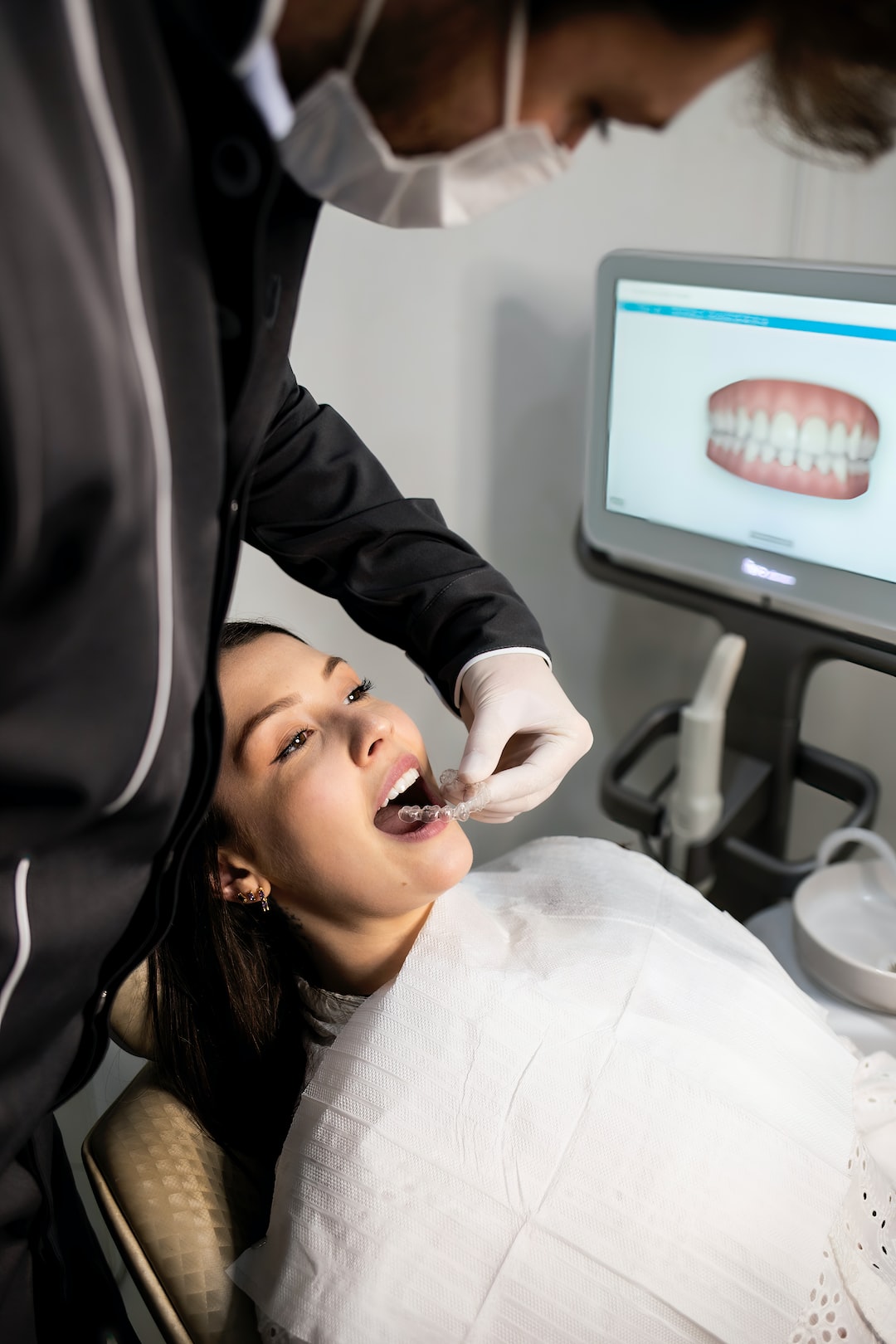Choosing the Right Toothbrush for Your Needs
Are you in search of the perfect toothbrush that will help maintain your oral health? With so many options available in the market, picking the right toothbrush can seem like a daunting task. However, by considering certain factors and keeping your dental needs in mind, you can find the toothbrush that suits you best. In this article, we will guide you on how to choose the right toothbrush for your needs, ensuring a healthy and bright smile.
First and foremost, it’s important to select a toothbrush with soft bristles. Brushes with hard bristles can cause damage to your teeth and gums, leading to sensitivity and other oral issues. Soft bristles, on the other hand, are gentle on your enamel and gums, preventing any potential damage.
Next, you should consider the size and shape of the toothbrush head. A small or medium-sized head is recommended as it can easily reach all areas of your mouth, including the back molars. This ensures that every tooth is properly cleaned, reducing the risk of plaque buildup and cavities. Additionally, look for a toothbrush with a flexible neck that allows for easy maneuverability, making it easier to reach those hard-to-reach areas.
Another crucial aspect to consider is the handle of the toothbrush. It should be comfortable to hold and provide a firm grip, allowing you to brush your teeth with ease. Some toothbrushes even come with ergonomic designs that cater to people with specific needs, such as those with arthritis or limited hand mobility. Ensuring the handle is comfortable and easy to hold will promote better brushing technique and overall oral hygiene.
When it comes to choosing between a manual and an electric toothbrush, both have their own advantages. Electric toothbrushes are generally more effective at removing plaque and require less effort on your part. They are especially beneficial for people with limited dexterity or those who need a little extra help maintaining their oral health. However, a manual toothbrush can also be just as effective if used correctly. The choice ultimately depends on personal preference and any specific dental concerns you may have.
Lastly, it is essential to replace your toothbrush regularly. The American Dental Association recommends replacing your toothbrush every three to four months or sooner if the bristles become frayed. A worn-out toothbrush can be ineffective and can even harbor bacteria, leading to oral health problems.
Remember, regular visits to the dentist, such as emergency dental offices, are crucial in maintaining good oral health. Professionals can offer personalized advice and guidance, ensuring that you select a toothbrush that caters to your specific dental needs. By following these guidelines and keeping your dental health a priority, you can achieve a healthy and beautiful smile that lasts a lifetime.

